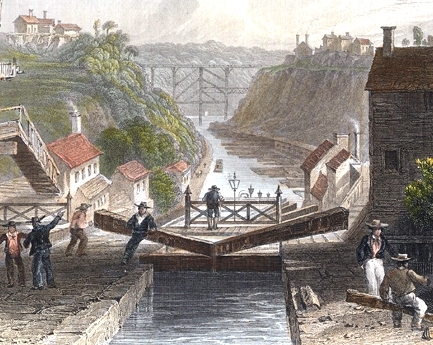
It looks more and more like Chicago’s parking-privatization deal was a bad deal for the city and a good deal for Morgan Stanley, the concessionaire. Under the 2008 deal, Morgan Stanley bought the rights to the city’s parking-meter revenue for 75 years — including the right to make massive rate hikes — in exchange for paying $1.15 billion to the city of Chicago upfront.
Two independent analysts told the Times that Chicago’s government gave parking-meter users and taxpayers the shaft. “The value the city could have captured was probably double what they got,” privatization banker Dennis Enright told the paper. Economist Roger Skurski likewise said that ““the city could have earned about $670 million more” than it got “by keeping the asset.”
The Chicago parking meter deal is a case study in how not to do a public-private partnership (PPP). First, the term is way too long. Mayor Richard Daley dismissed this concern: “our responsibility is to help the generation right now,” he said.
But it not right for a municipality to use future revenue, which should help pay for the needs of the people who live in that future, to plug today’s budget gaps.
Second, parking isn’t a particularly labor-intensive business, meaning that a private operator really can’t do much to cut labor costs. Yes, there’s new technology, but cities seem to have installed this straightforward technology just as well as private operators can.
Any efficiencies, then, are likely to be overwhelmed by the borrowing costs for the long deal, which Morgan Stanley passed on to taxpayers in the form of a lower bid price.
Third, much of the upfront money that Chicago got went to plug today’s deficits. “The mayor … says that he would have been forced to raise taxes or cut services to balance the budget if not for the windfalls generated by the parking meter lease and the $1.83 billion privatization of the Chicago Skyway toll road four years ago,” the Times reports.
It’s easier to think of it this way: all Chicago is doing is borrowing, very expensively and over a very long time, to plug budget gaps. Structured finance places a complex veil over this simple reality — and adds more money, since Morgan Stanley can’t borrow at tax-exempt rates.
Chicago has expensively bought some time — time to avoid making real cuts to its budget that it will have to make, anyway, after it’s sold off all of its silver.
For more about how to do — and not to do — PPPs, please read my new report at an MI sister site.
One final note: it’s likely that the bad deal will become an occasion for bank-bashing, just as New York’s bad deal with Goldman Sachs on an unrelated matter has become.
Put the blame where it really lies, though — on the governments that do these uneconomic transactions for a short-term gain. Banks can’t take advantage of government officials unless those officials let them.








